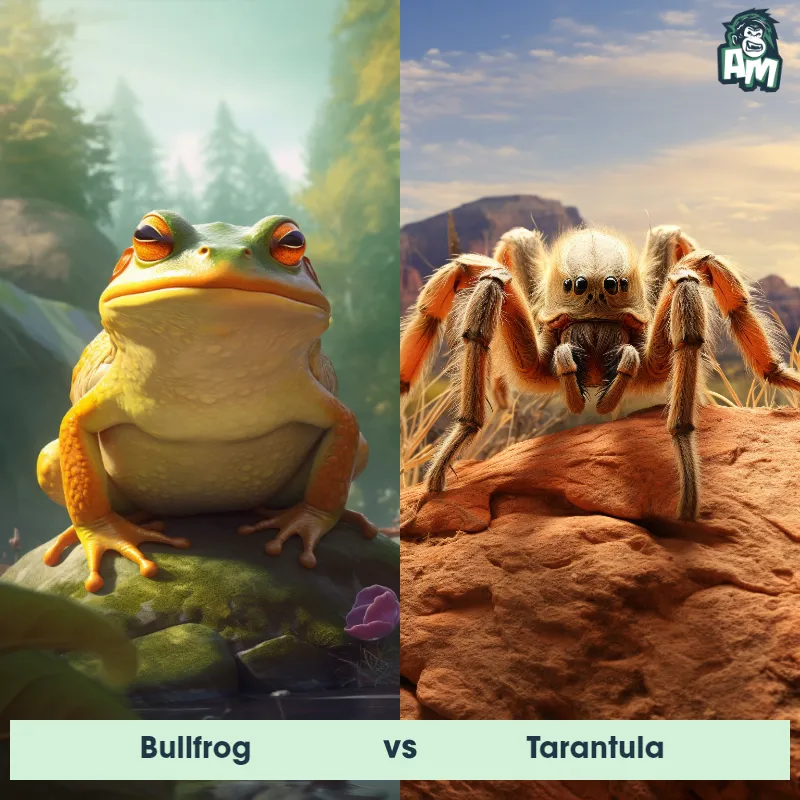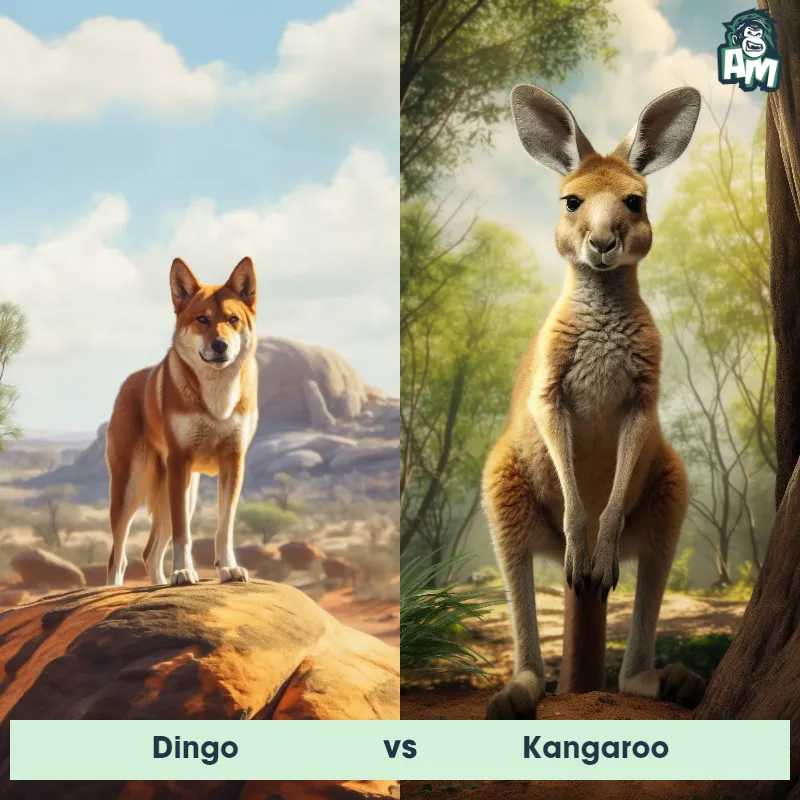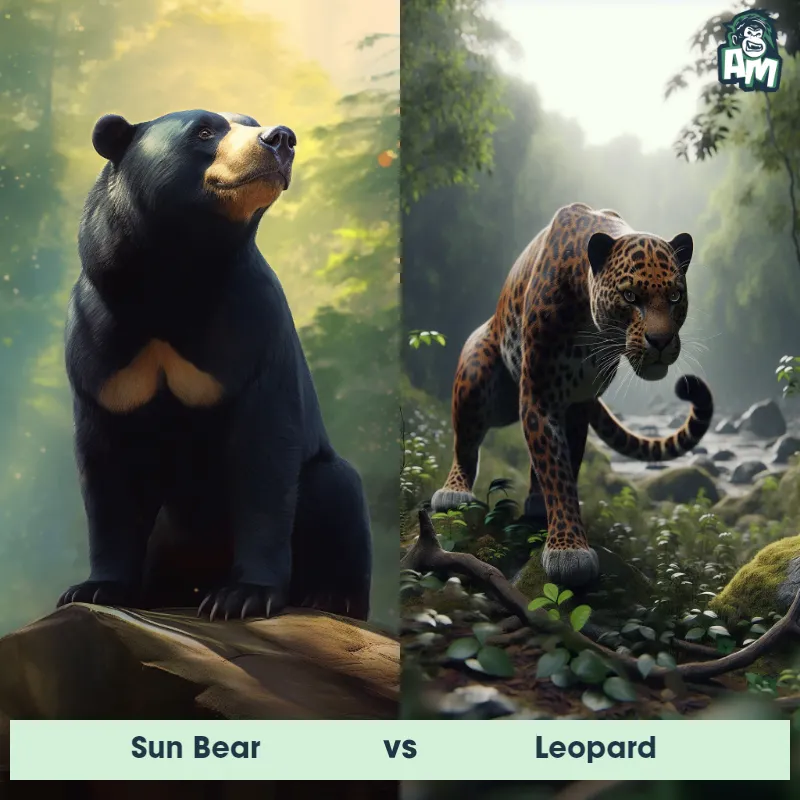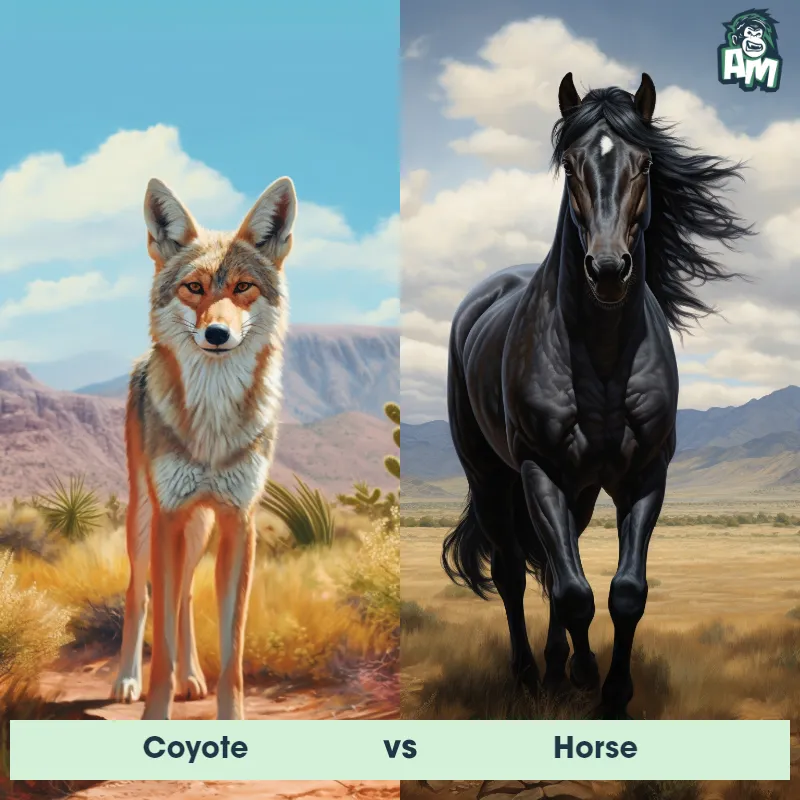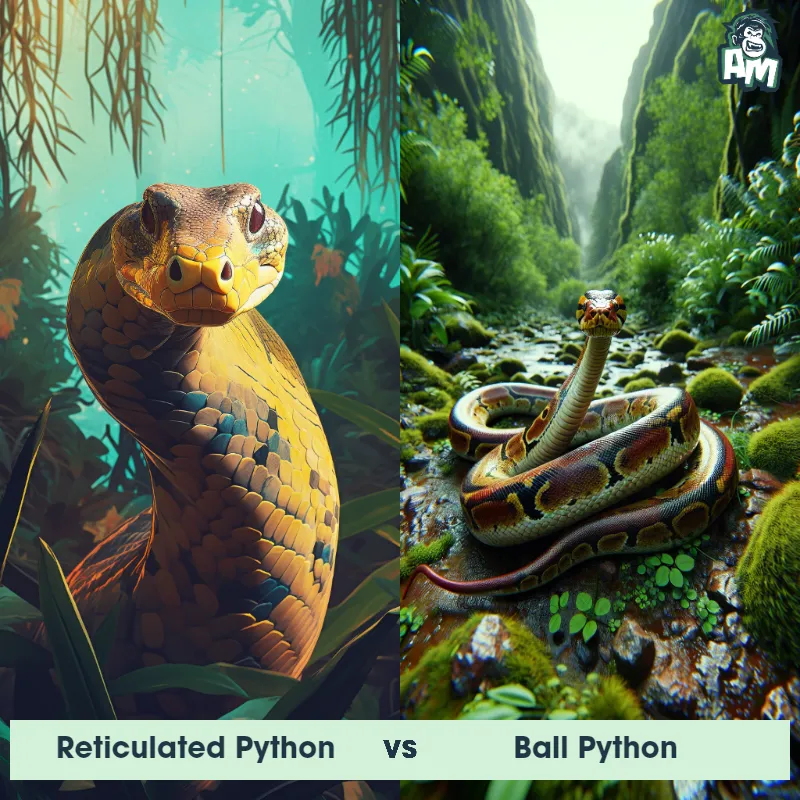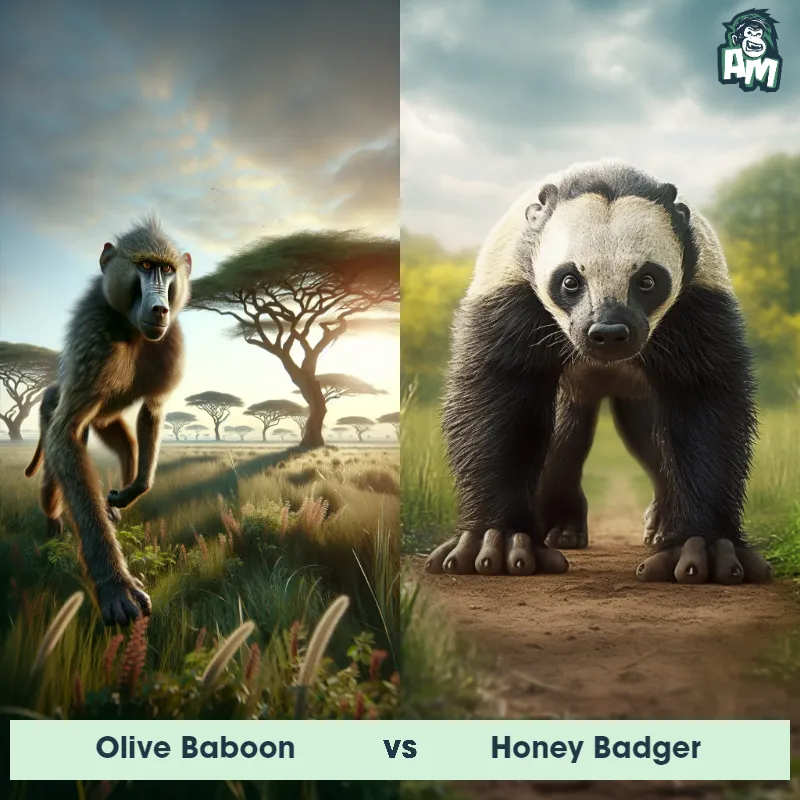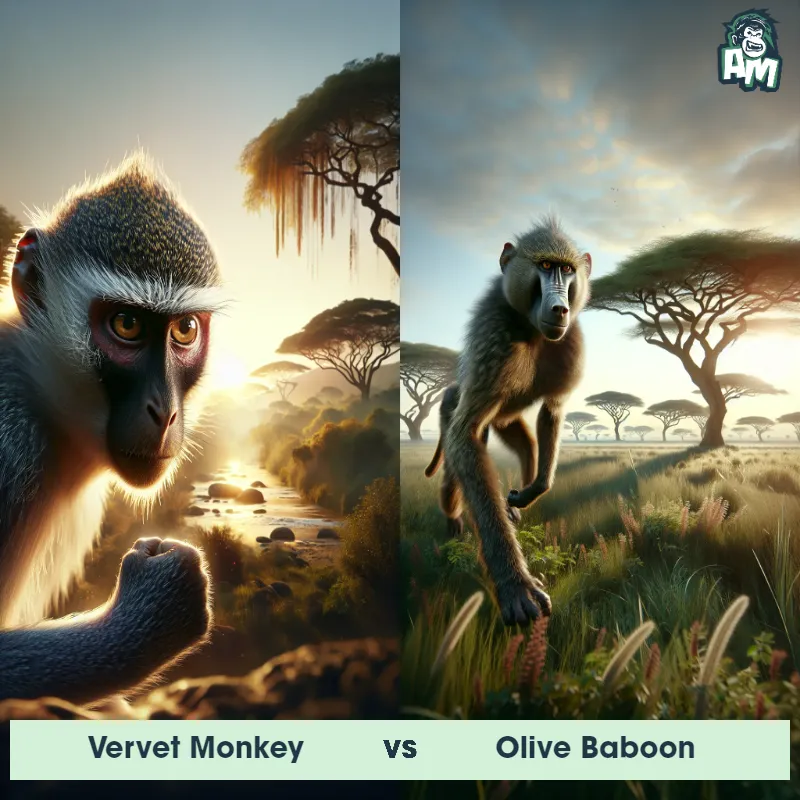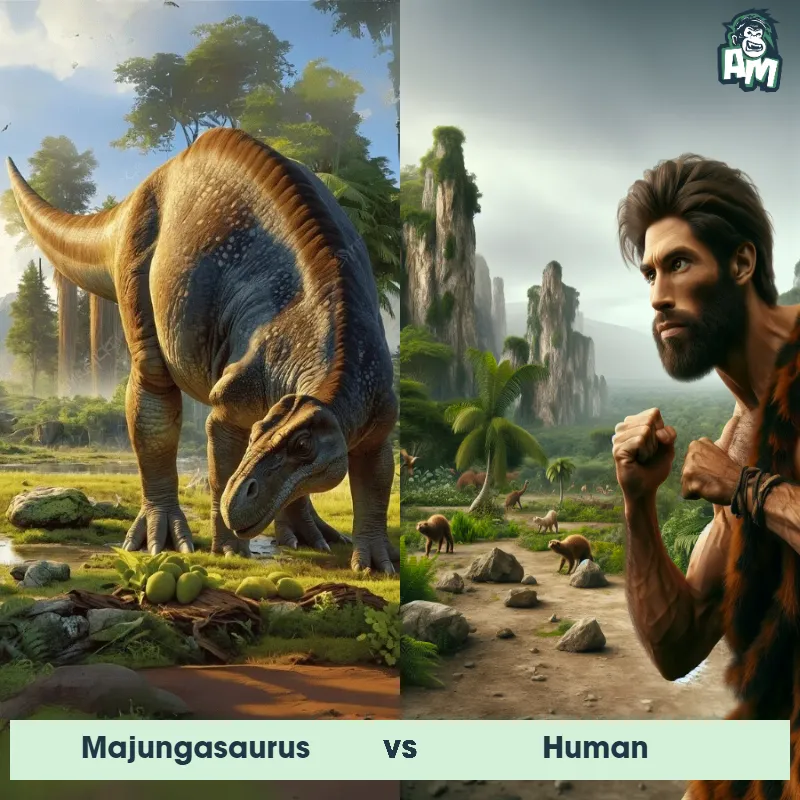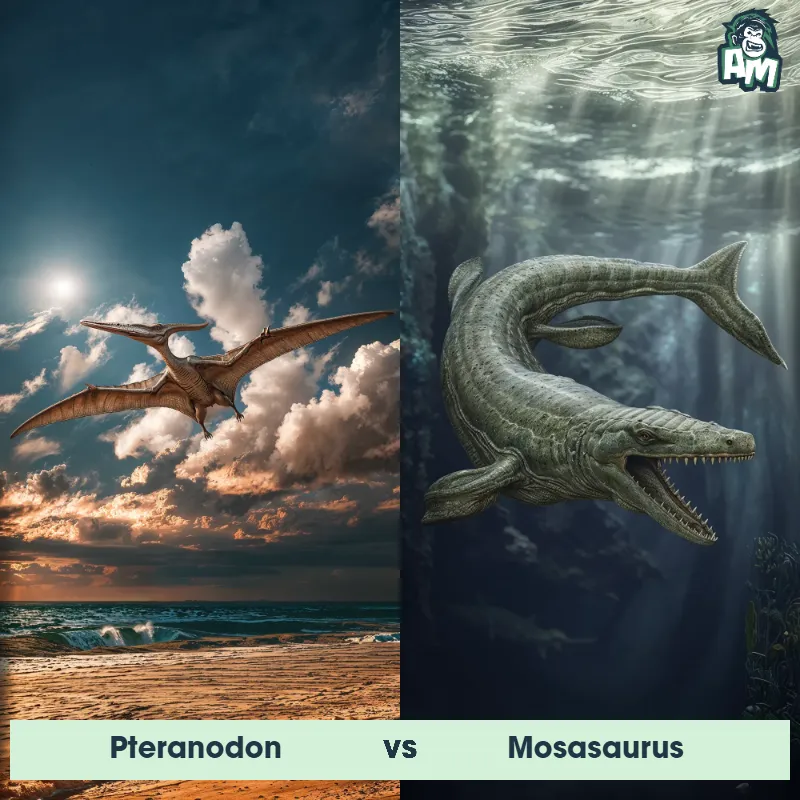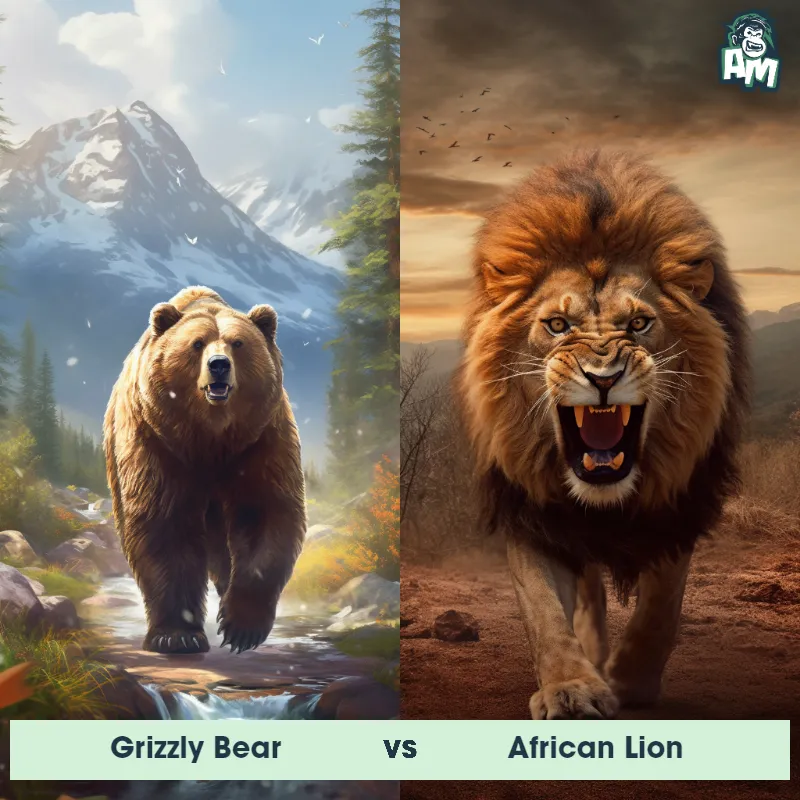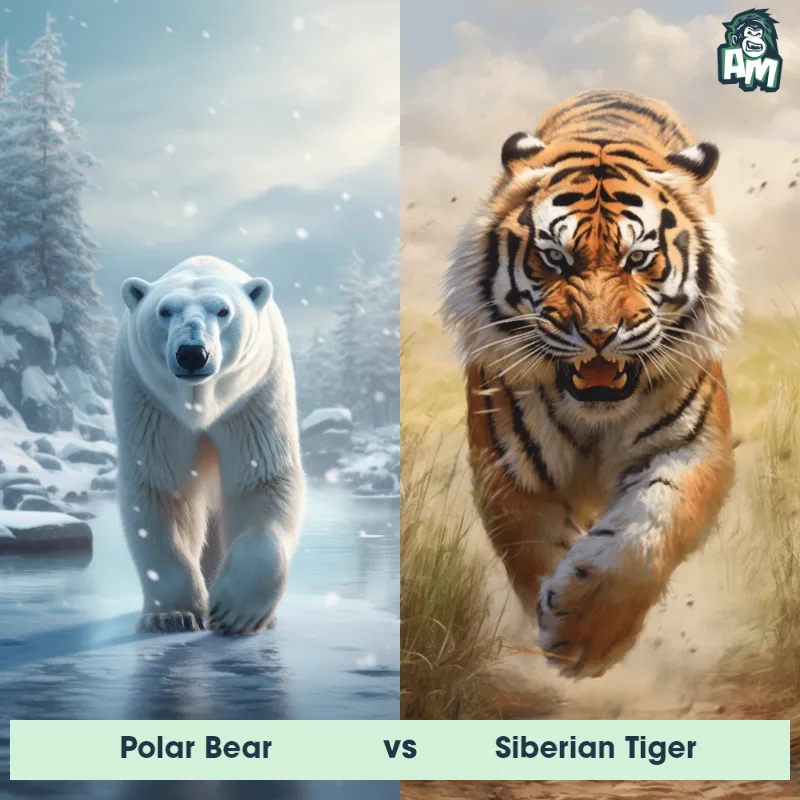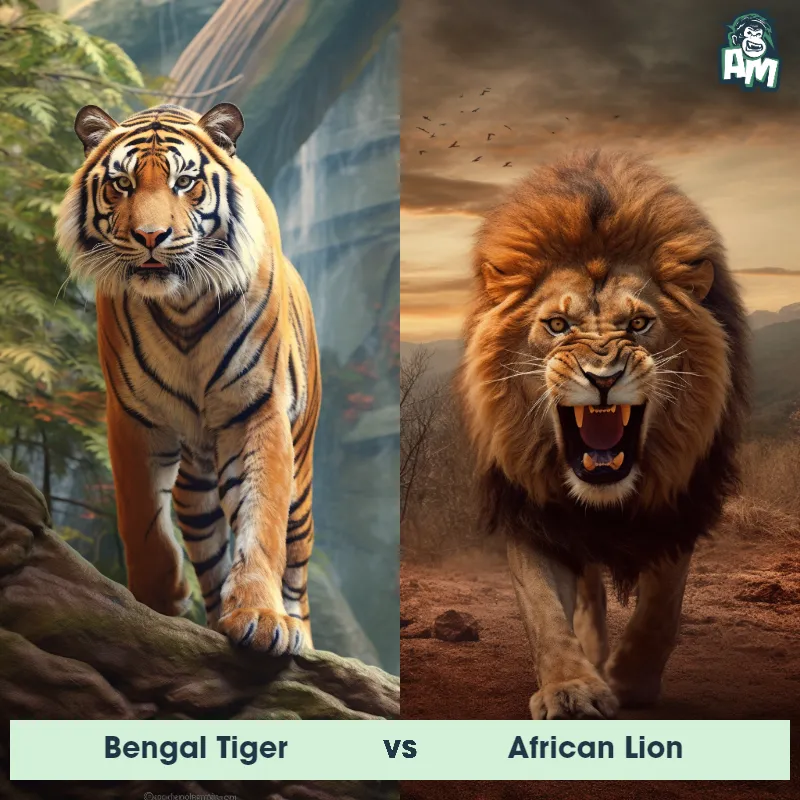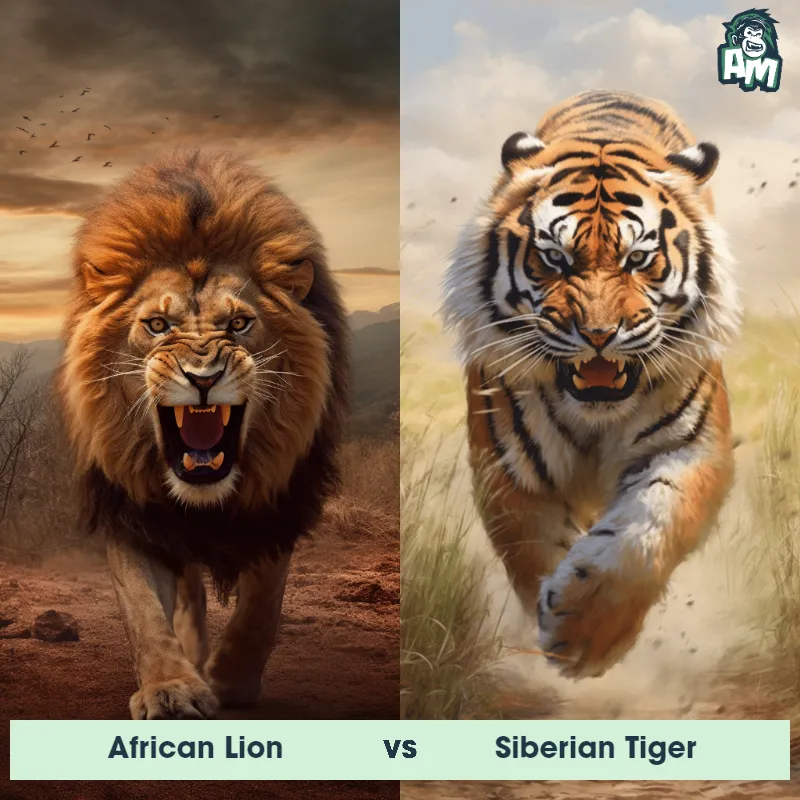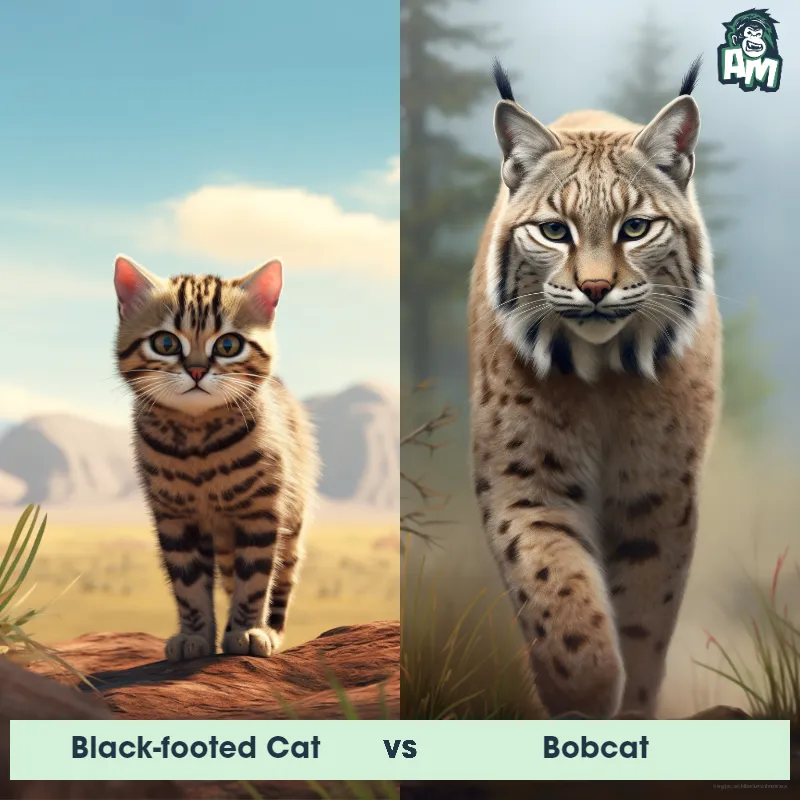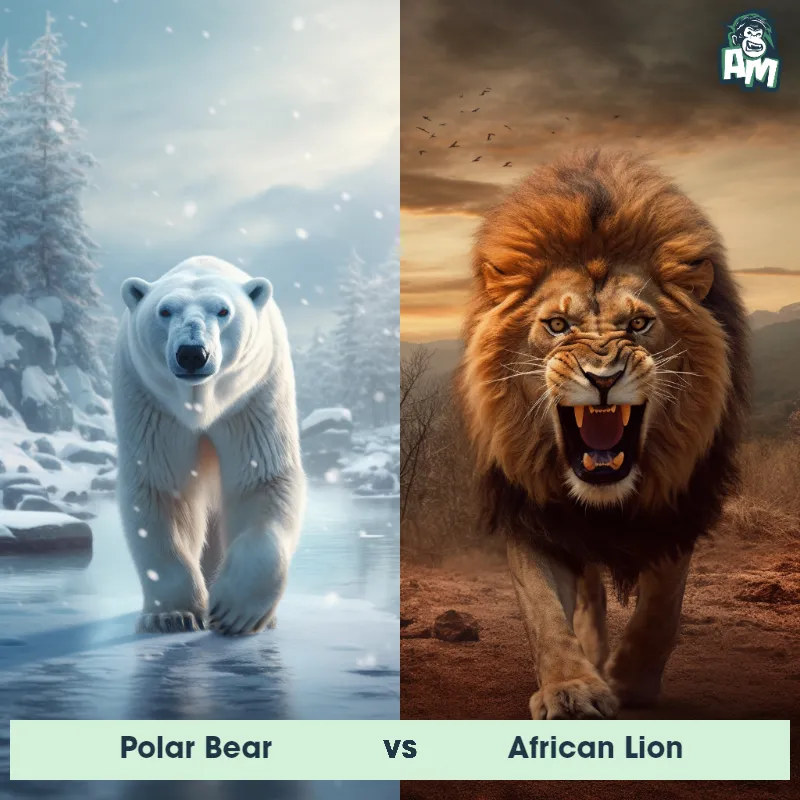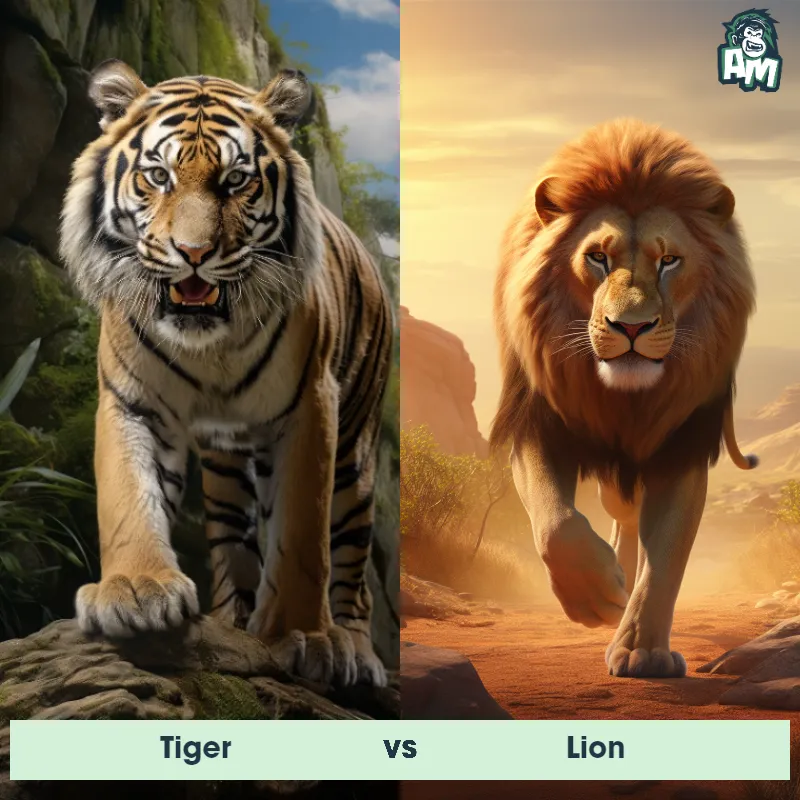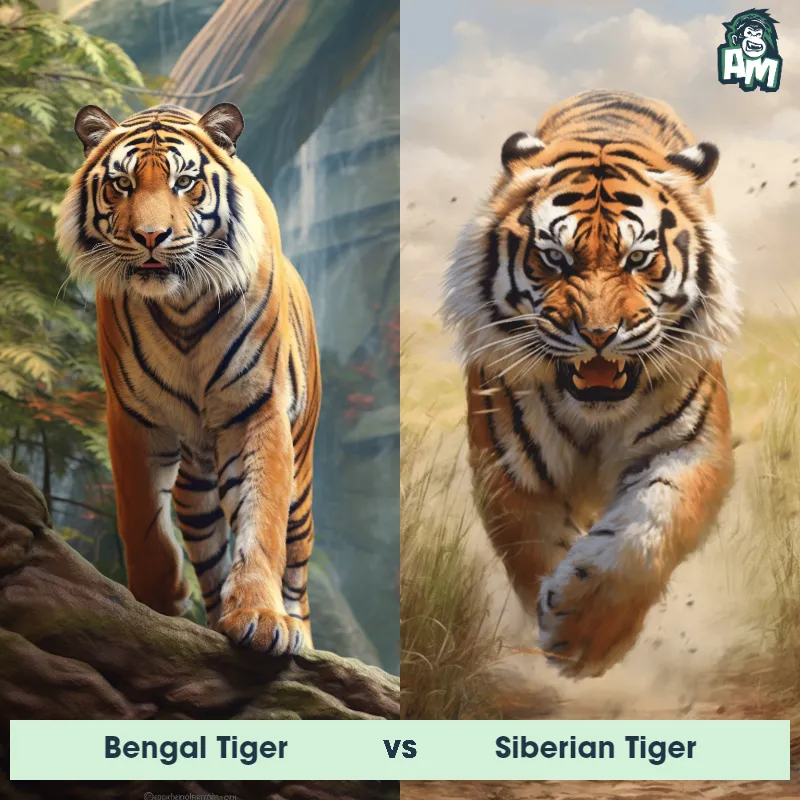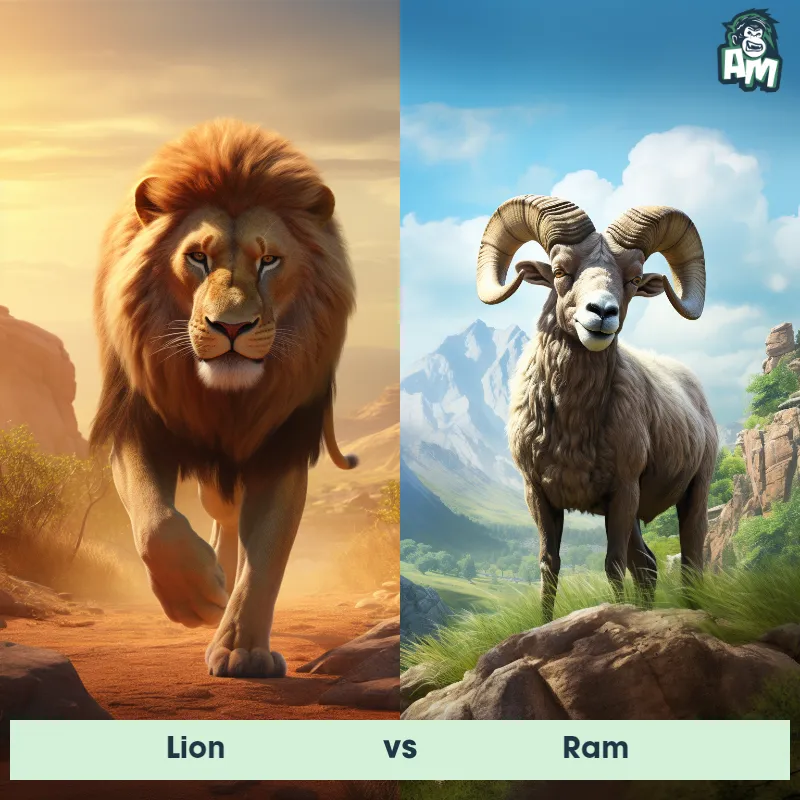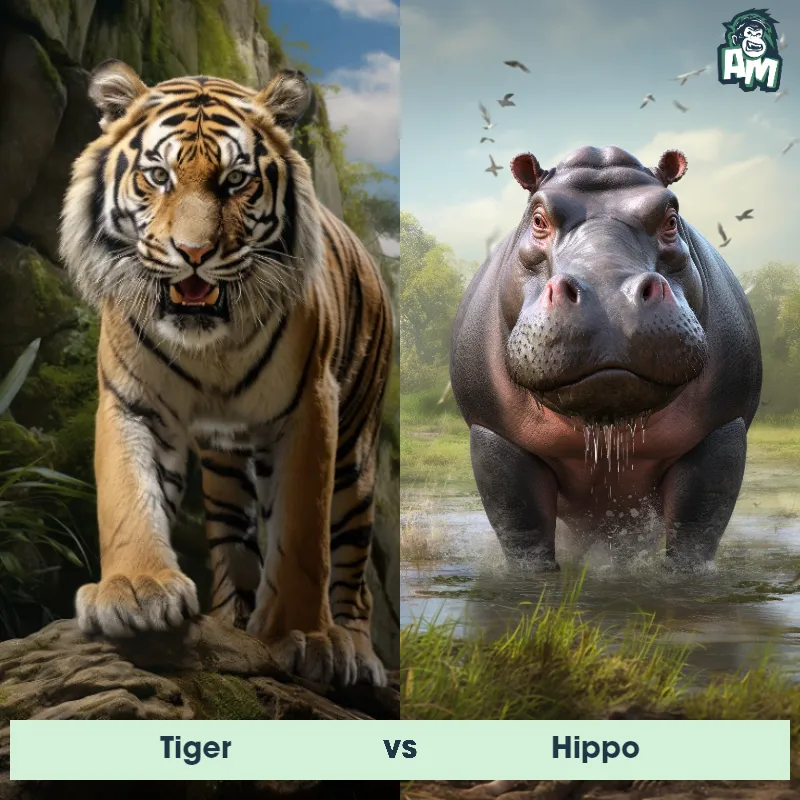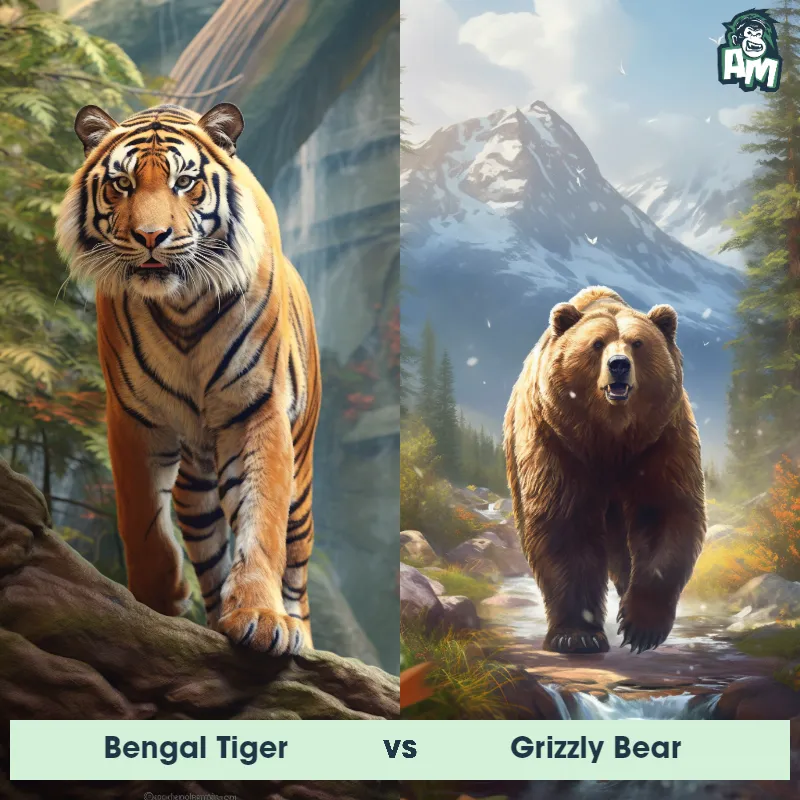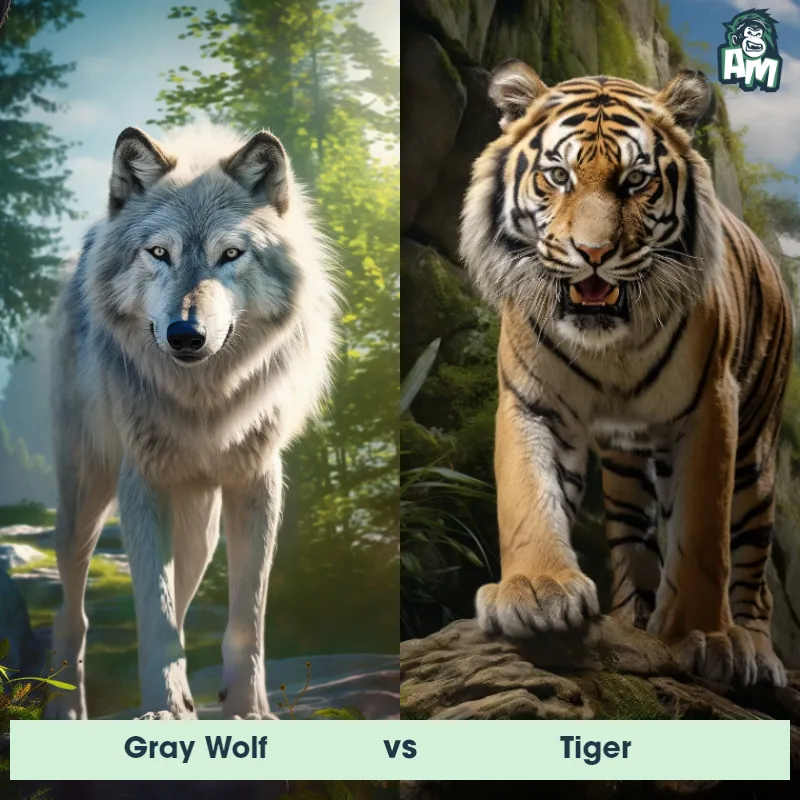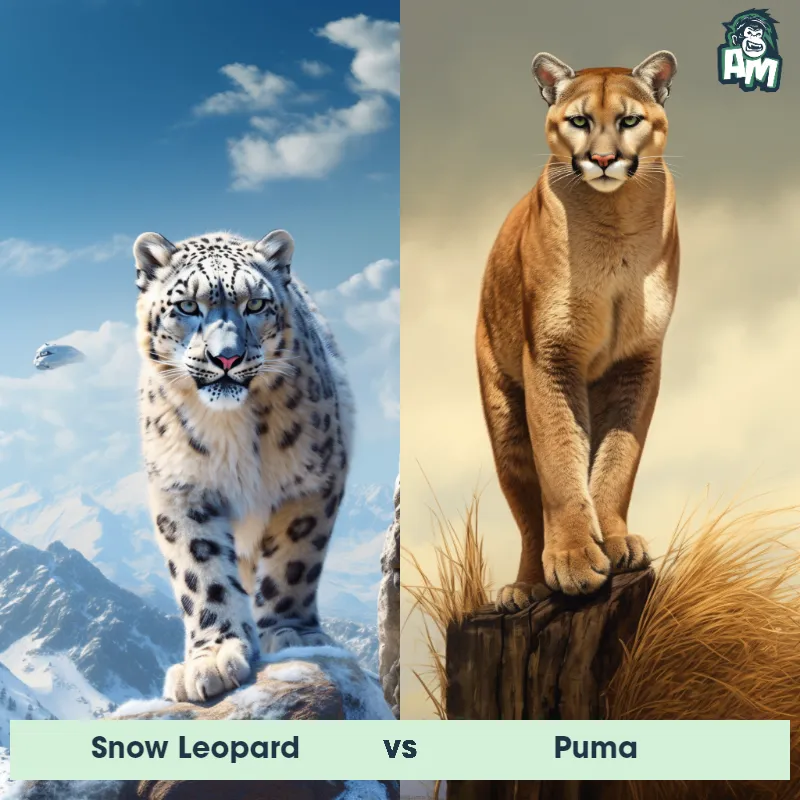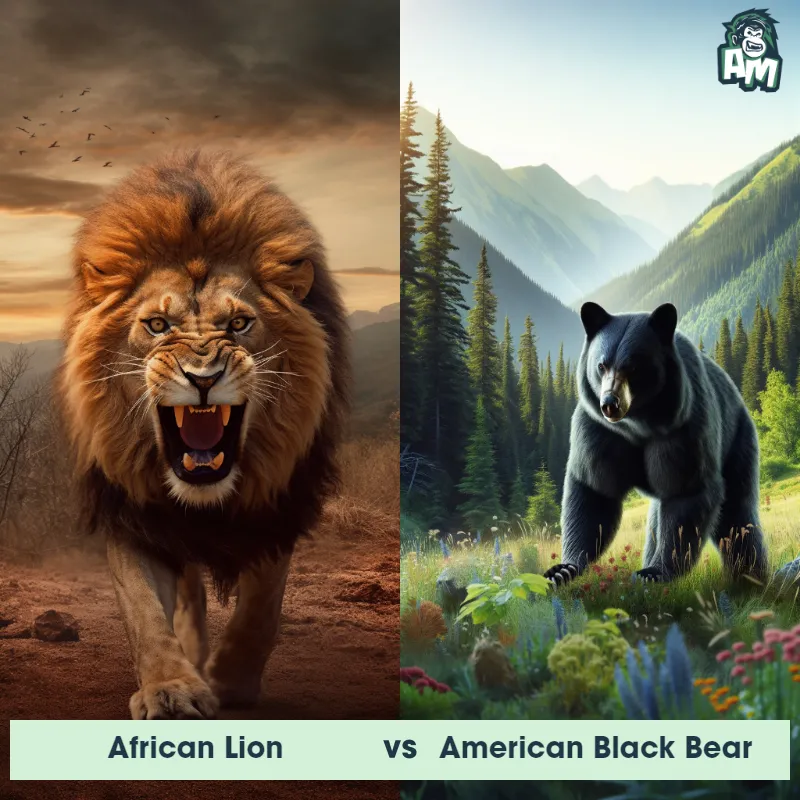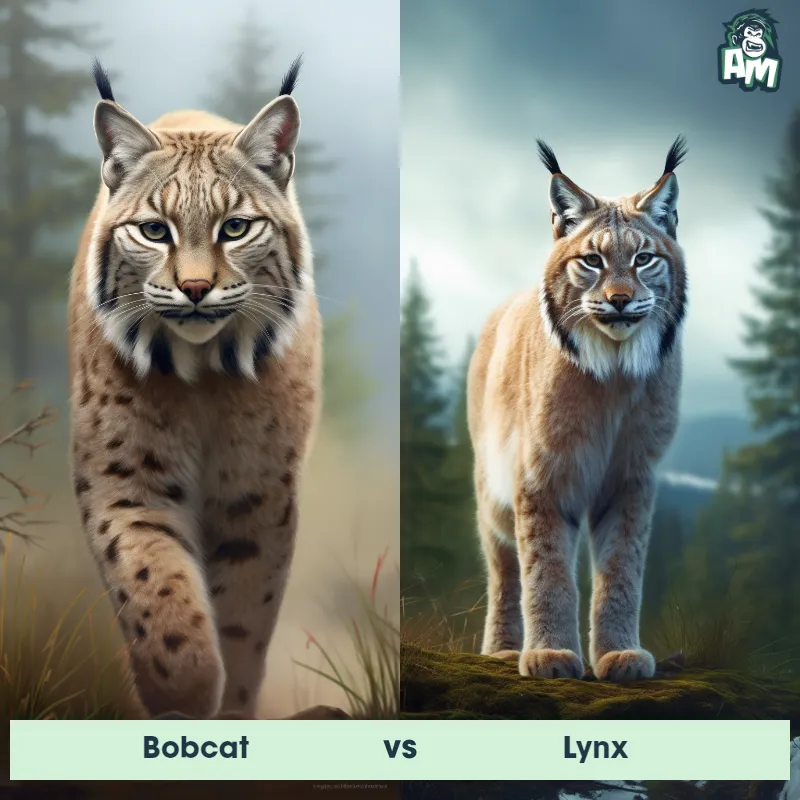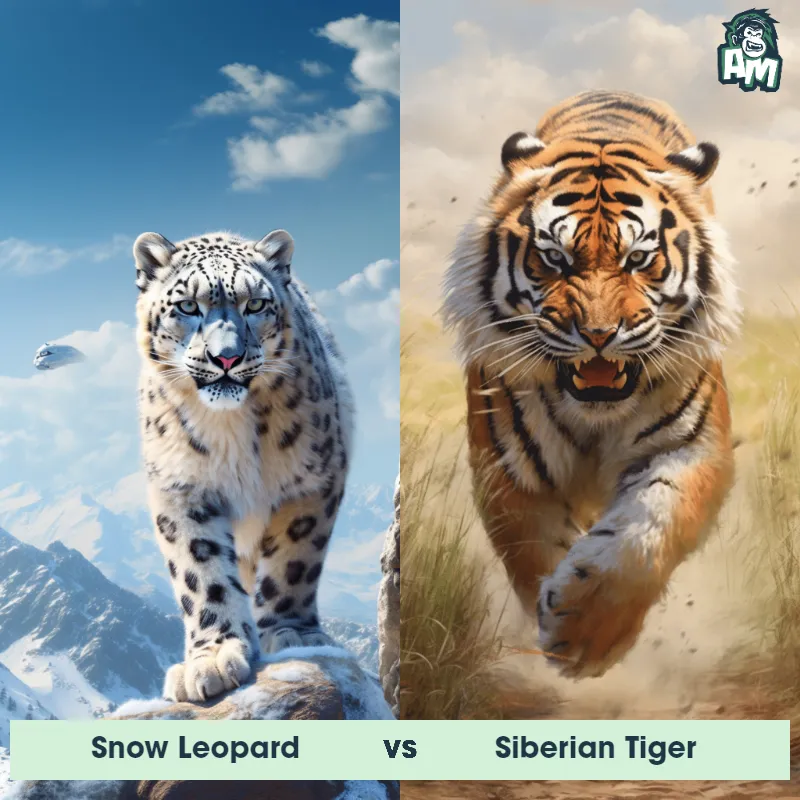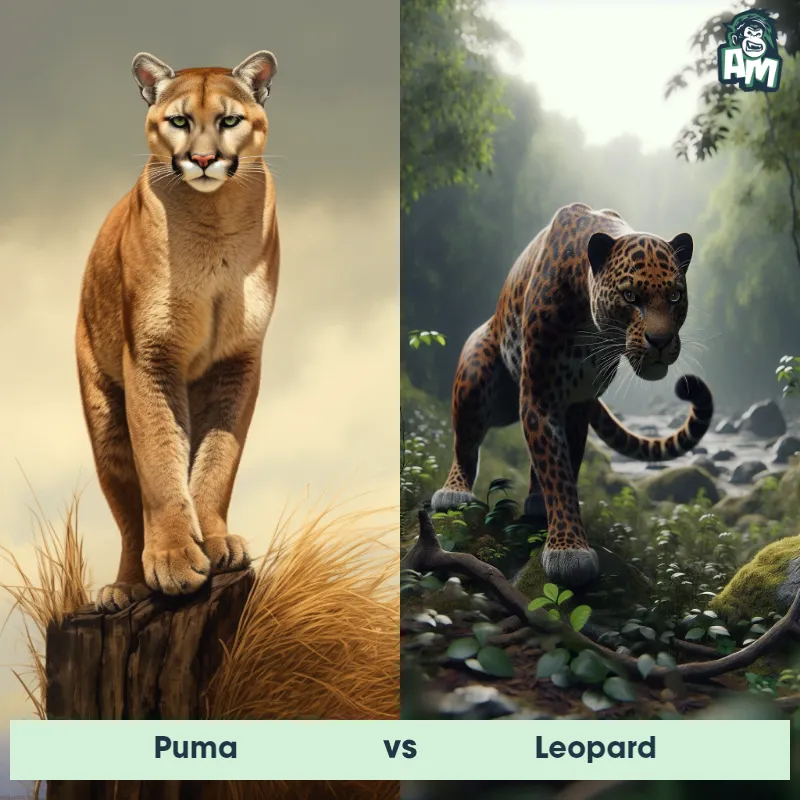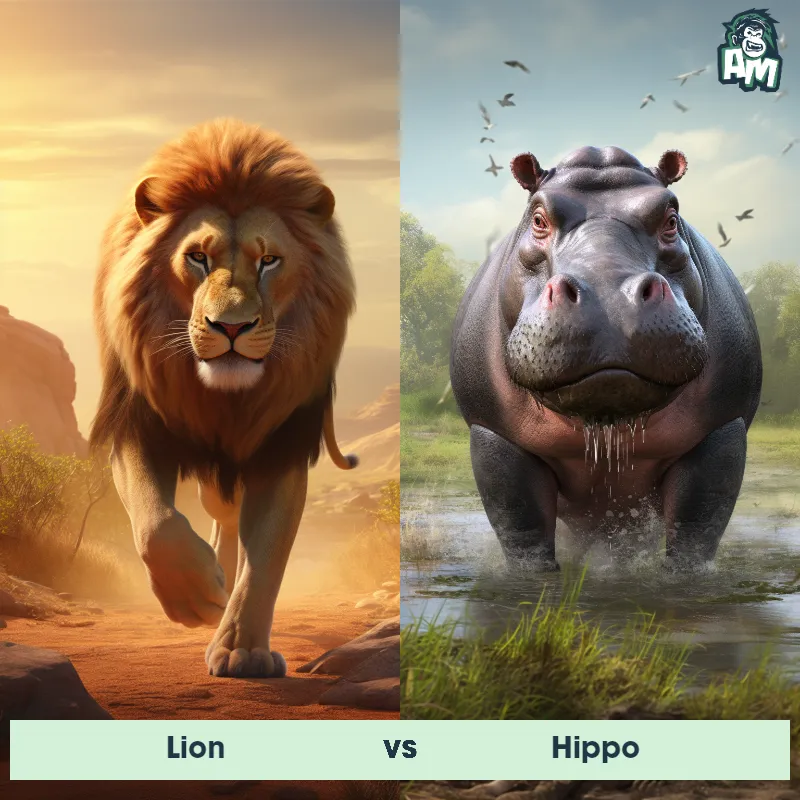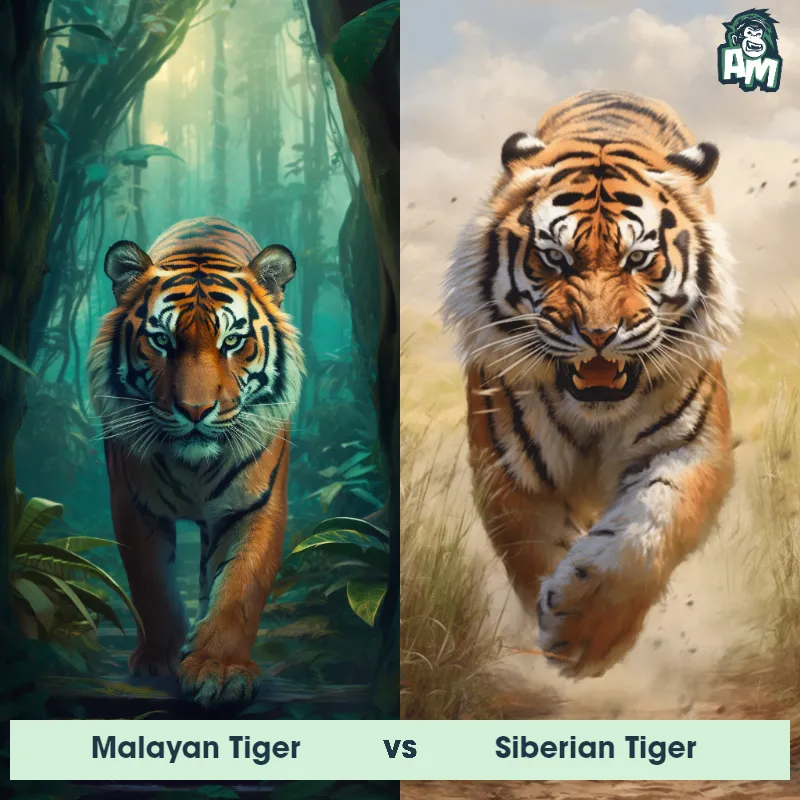Bobcat vs OcelotSee Who Wins
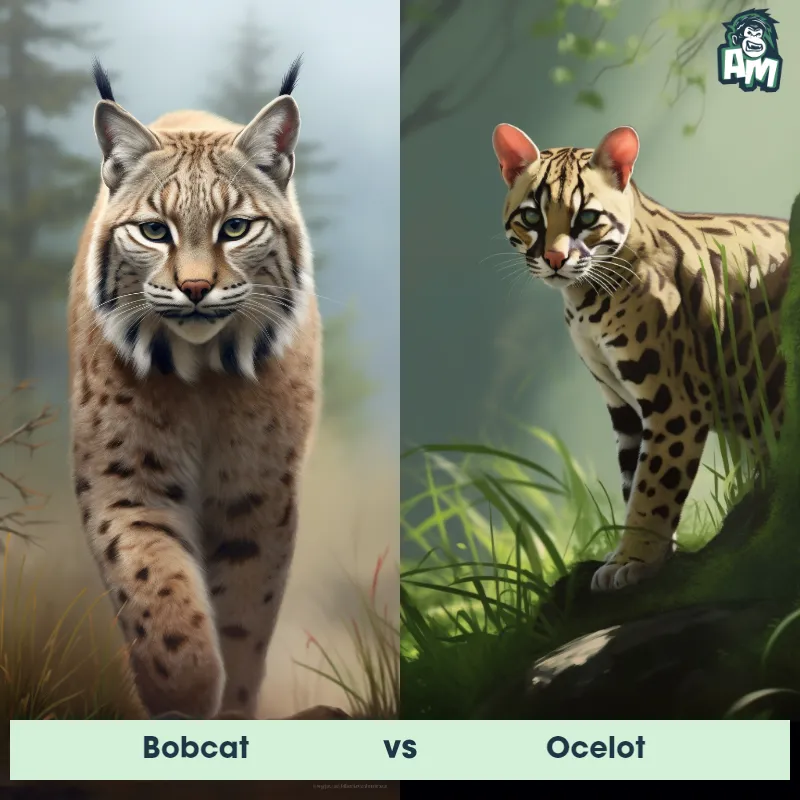
Ladies and gentlemen, prepare yourselves for a fast-paced and intense battle between two skilled feline predators: the bobcat and the ocelot. Both are agile and powerful, but only one will emerge victorious in this thrilling 3-round fight. Without further ado, let the battle begin!
Contender 1: Bobcat
The Bobcat, also known as Lynx rufus, is a medium-sized wild cat native to North America. They have short, reddish-brown fur with black spots and tufted ears. Bobcats are known for their distinctive short tails, which are only 5-6 inches long. They are solitary animals and are most active at dawn and dusk. Bobcats are skilled hunters and prey on small mammals, birds, and reptiles.
Fun Fact: Bobcats are excellent climbers and can easily scale trees to escape predators or hunt prey.
Contender 2: Ocelot
The Ocelot, also known as the dwarf leopard, is a small wild cat native to South and Central America. They have a distinctive coat pattern of black spots and stripes on a tawny background, with a white belly and dark stripes on their cheeks. Ocelots have large, expressive eyes and short, rounded ears. They are skilled climbers and hunters, with sharp claws and teeth.
Fun Fact: Ocelots are excellent swimmers and are known to catch fish in the water.
Matchup Stats
| Bobcat | Ocelot | |
|---|---|---|
| Size | 2-3 feet (0.6-0.9 meters) in length | 2-3 feet (0.6-0.9 meters) in length |
| Weight | 15-30 pounds (6.8-13.6 kilograms) | 20-35 pounds (9-16 kilograms) |
| Speed | Speed: 30 mph (48 km/hr) | Speed: 50 mph (80.47 km/hr) |
| Key Strength | Powerful legs and sharp claws | Agility and sharp claws |
| Biggest Weakness | Small size compared to other predators | Lack of size and strength compared to larger predators |
Current Votes
Bobcat vs Ocelot
See Who Wins
View More Matches
Looking For More?
Similar Matches
Scientific Stats
| Bobcat | Ocelot | |
|---|---|---|
| Scientific Name | Lynx rufus | Leopardus pardalis |
| Family | Felidae | Felidae |
| Habitat | Forests, deserts, suburban areas | Forests, grasslands, and swamps |
| Geography | North America | South and Central America |
| Diet | Small mammals, birds, reptiles | Small mammals, birds, reptiles, and fish |
| Lifespan | 10 years - 15 years | 10 years - 13 years |
Key Differences between Bobcat and Ocelot
- Fur color: Bobcats have a reddish-brown coat with black spots, while Ocelots have a yellowish-brown coat with black spots and stripes.
- Size: Bobcats are larger than Ocelots, with an average weight of 20-30 pounds compared to the Ocelot's 15-20 pounds.
- Habitat: Bobcats are found throughout North America, while Ocelots are found in Central and South America.
- Tail length: Bobcats have a shorter tail, typically 4-7 inches in length, while Ocelots have a longer tail, typically 10-14 inches in length.
- Ear tufts: Bobcats have distinctive ear tufts on the tips of their ears, while Ocelots have shorter, rounded ears without tufts.




